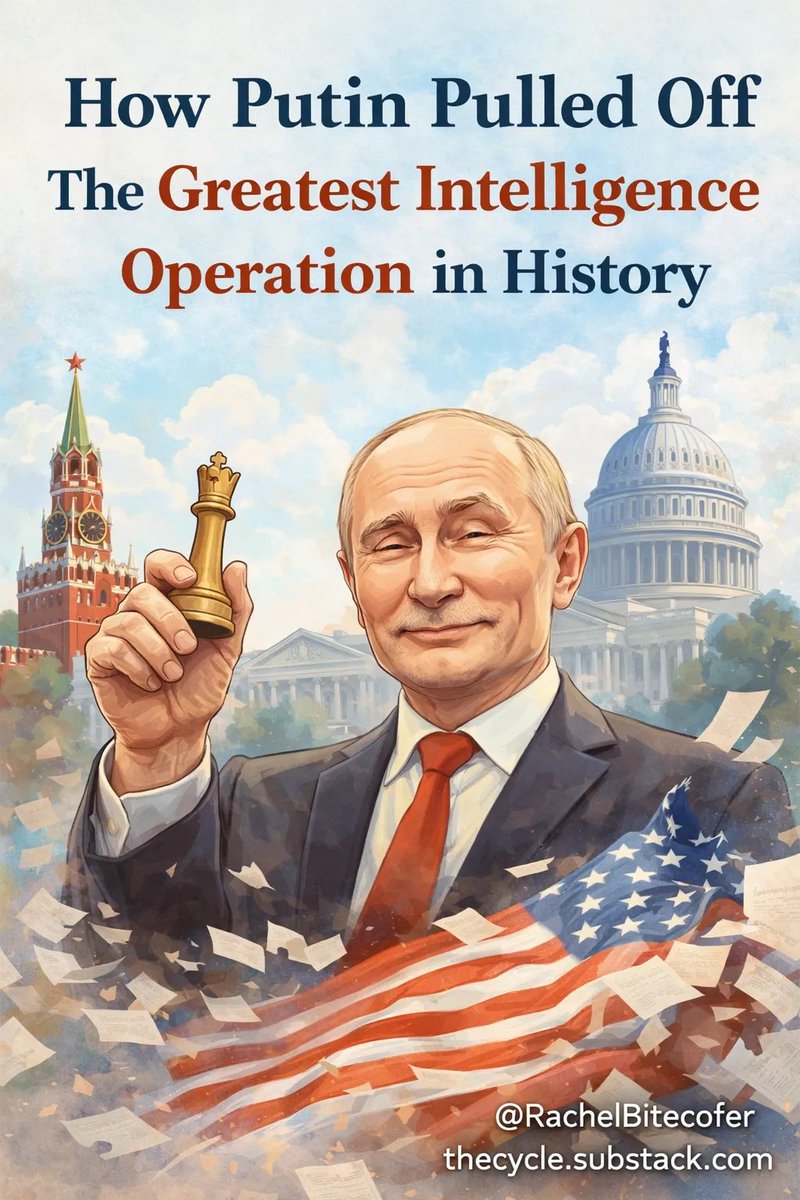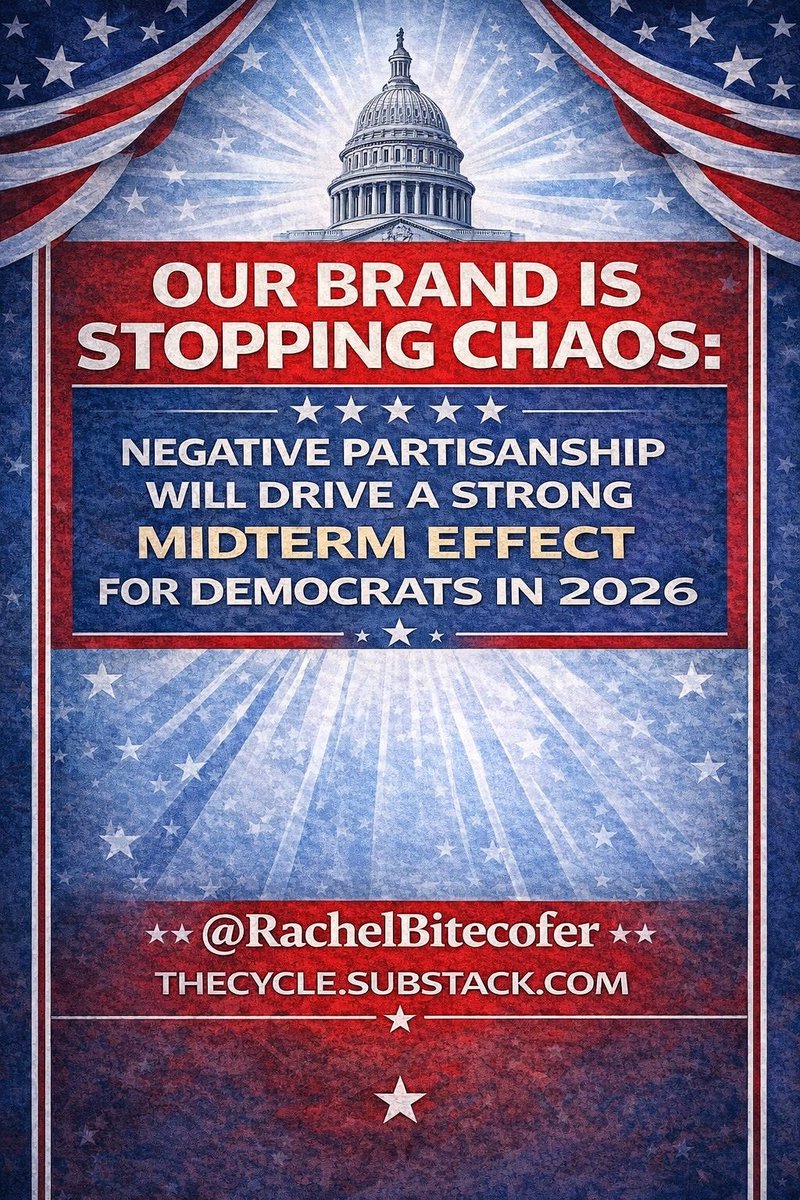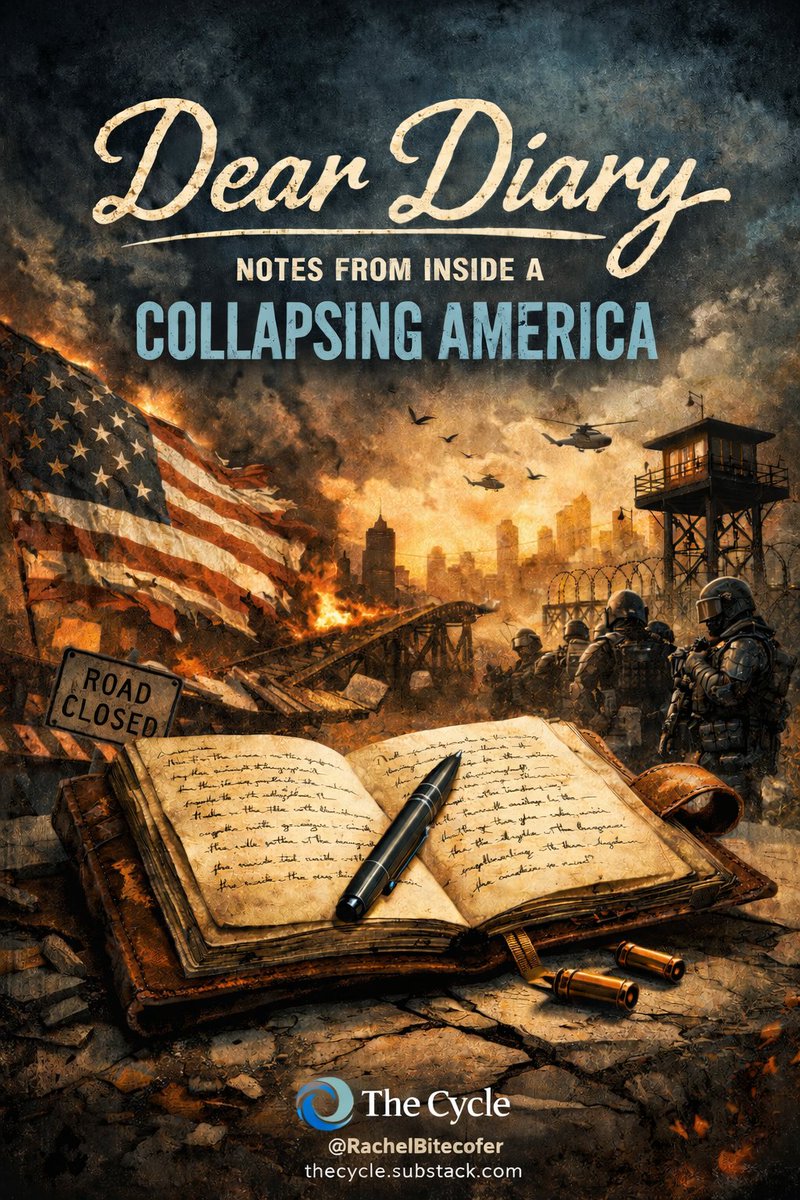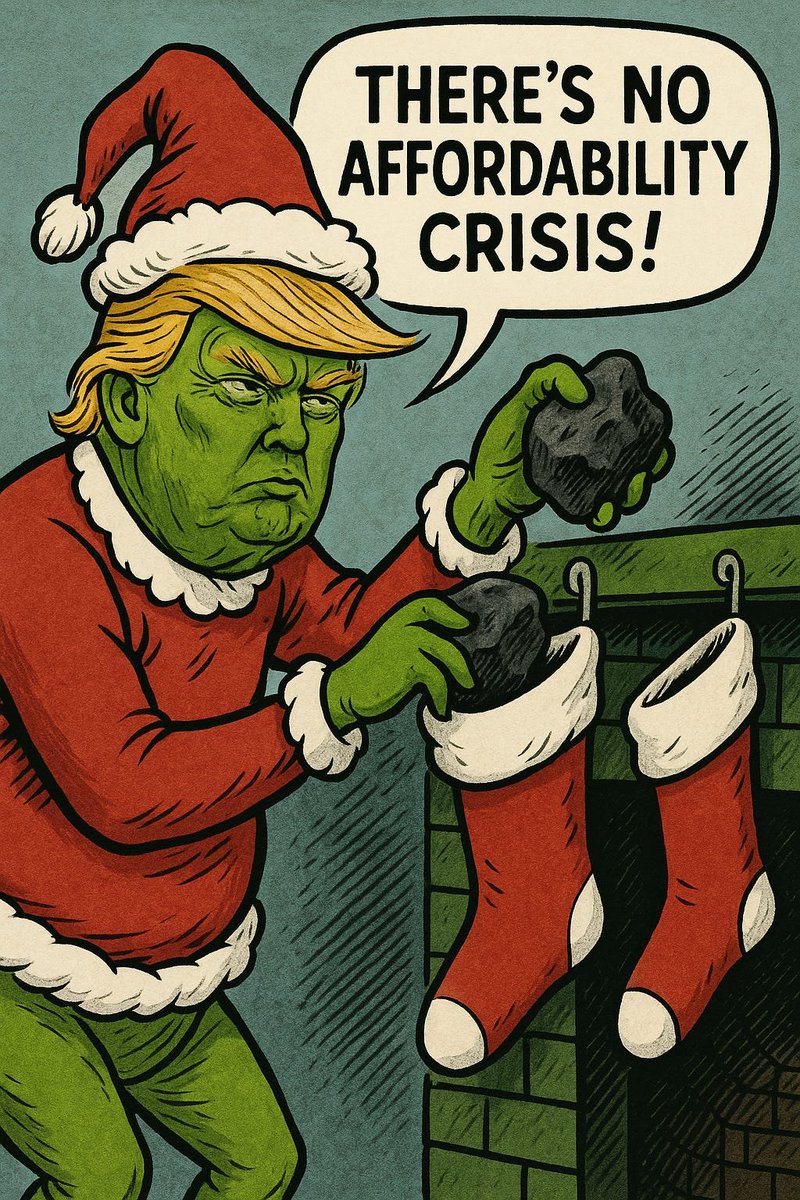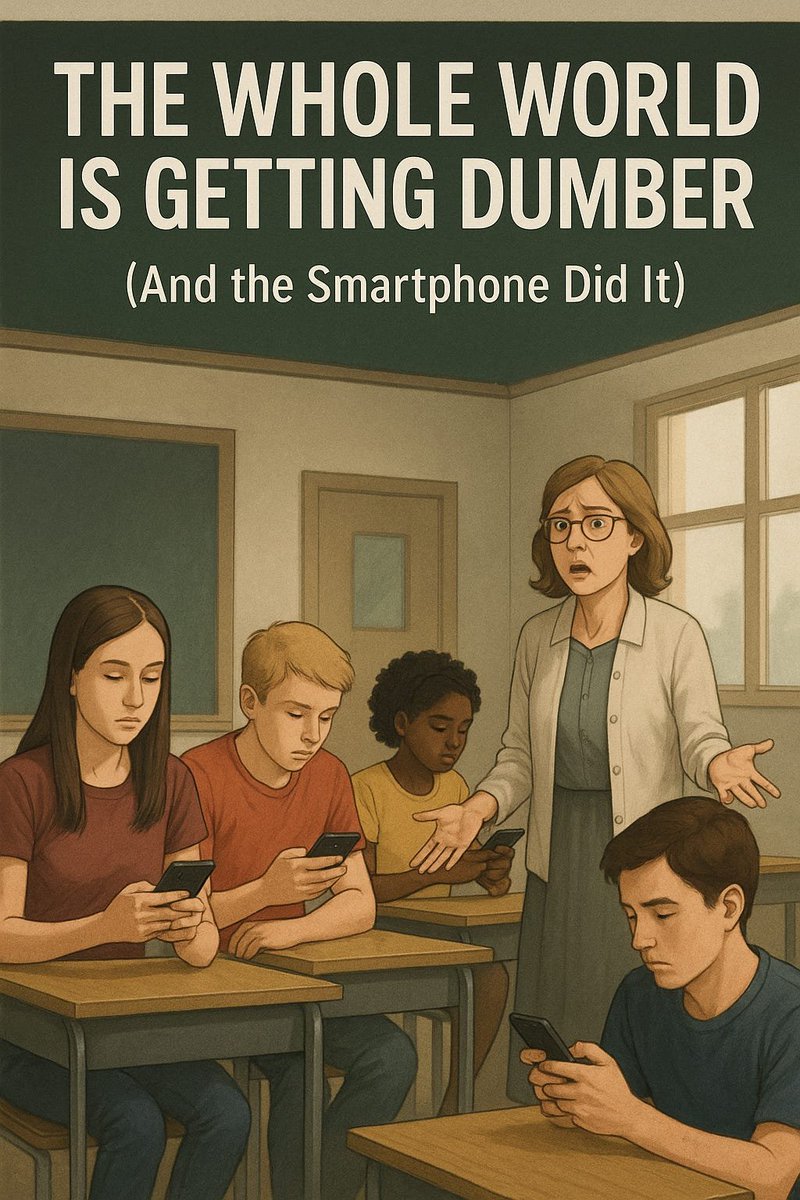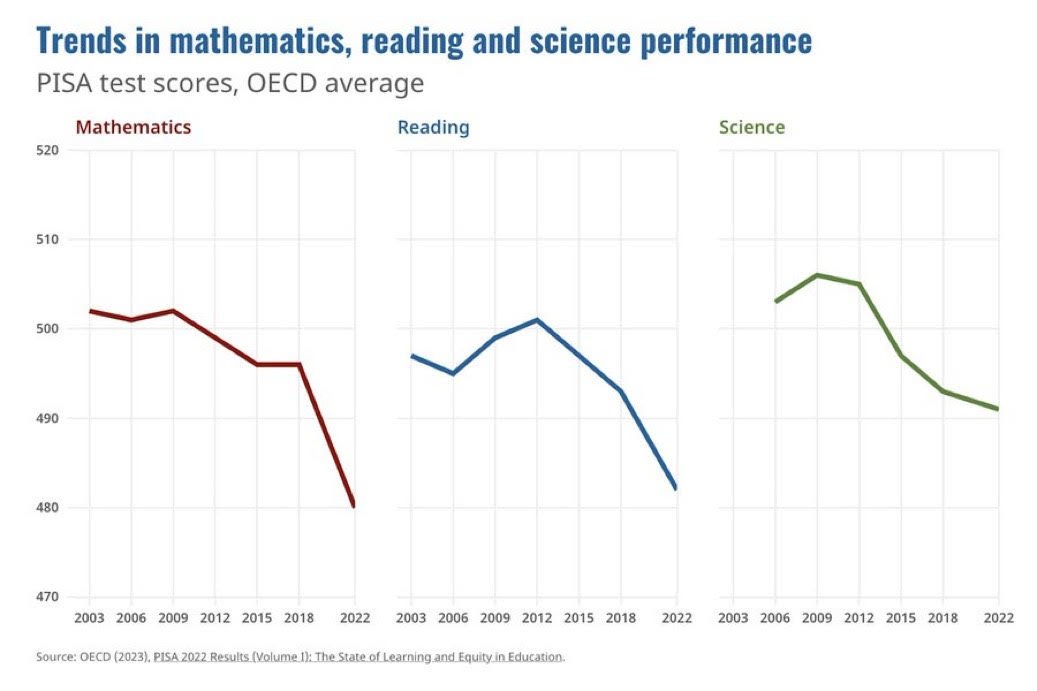🧵What (Really) Happens If Trump Wins?
Like Hitler, Trump Has Made Clear His Plan is Dictatorship, Not Democracy
January 30th 1933 dawned cold and clear in Berlin as Adolph Hitler took his oath of office and promised Germans he would uphold the constitution. It would ultimately take him less than 30 days to dismantle it.
Like Hitler, Trump Has Made Clear His Plan is Dictatorship, Not Democracy
January 30th 1933 dawned cold and clear in Berlin as Adolph Hitler took his oath of office and promised Germans he would uphold the constitution. It would ultimately take him less than 30 days to dismantle it.

By March, Dachau concentration camp was opened with its inaugural prisoners: members of the Communist and Social Democrat parties and other prominent Hitler critics. including some members of the Reichstag which Hitler’s allies would join with the National Socialists to voluntarily dissolve to give Hitler near total power.

From the Holocaust Encyclopedia:
“Nazi persecution of political opponents exacted a terrible price in human suffering. Between 1933 and 1939, the criminal courts sentenced tens of thousands of Germans for "political crimes." If the police were confident of a conviction in court, the prisoner was turned over to the justice system for trial. If the police were unsatisfied with the outcome of criminal proceedings they would take the acquitted citizen or the citizen who was sentenced to a suspended sentence into protective detention and incarcerate him or her in a concentration camp.”
“Nazi persecution of political opponents exacted a terrible price in human suffering. Between 1933 and 1939, the criminal courts sentenced tens of thousands of Germans for "political crimes." If the police were confident of a conviction in court, the prisoner was turned over to the justice system for trial. If the police were unsatisfied with the outcome of criminal proceedings they would take the acquitted citizen or the citizen who was sentenced to a suspended sentence into protective detention and incarcerate him or her in a concentration camp.”
By April, Jews had been purged by from the civil service, barred from practicing law in German courts and opposition parties were illegal.
Here is what living through this was like for German Jews:
Here is what living through this was like for German Jews:
"Aside from the daily violence and the daily threats and menaces of more persecutions to come, which the highest officials have openly said, we can report that the most dangerous threat of all which over-hangs German Jews is as follows: (my report is very condensed and stresses the situation of the intellectual workers, since my husband is a physician).
All Jews exercising so-called free vocations as lawyers, physicians, artists, etc. are placed under what is called “exception rules.” In plain words, that means that Jewish lawyers are not allowed to plead cases before German law courts, that Jewish doctors have been removed from the staffs of hospitals and cooperative health institutions more or less violently, and the actors and orchestra leaders are no longer permitted to act or to lead.
A highly organized boycott system is being carried out against Jewish tradesmen of all kinds so that our coreligionists in Germany find it absolutely impossible to earn a living.
In our country the same movement is spreading rapidly and we can foresee a coalition with the same German system in the near future.
I beg of you, dear cousin Severna, to hand this S.O.S. communication to the authority you think should see it. For the sake of caution I am not mentioning my address in this letter. Should you be unable to find it, I am sure your father will have it. I will not write you any personal news for we feel so depressed and downhearted that I could only repeat the theme of this letter.
Ever yours affectionately
Steffy
P.S. When replying, please be very careful not to be too explicit and keep in mind the fact that the letter will possibly be opened and read by officials."
All Jews exercising so-called free vocations as lawyers, physicians, artists, etc. are placed under what is called “exception rules.” In plain words, that means that Jewish lawyers are not allowed to plead cases before German law courts, that Jewish doctors have been removed from the staffs of hospitals and cooperative health institutions more or less violently, and the actors and orchestra leaders are no longer permitted to act or to lead.
A highly organized boycott system is being carried out against Jewish tradesmen of all kinds so that our coreligionists in Germany find it absolutely impossible to earn a living.
In our country the same movement is spreading rapidly and we can foresee a coalition with the same German system in the near future.
I beg of you, dear cousin Severna, to hand this S.O.S. communication to the authority you think should see it. For the sake of caution I am not mentioning my address in this letter. Should you be unable to find it, I am sure your father will have it. I will not write you any personal news for we feel so depressed and downhearted that I could only repeat the theme of this letter.
Ever yours affectionately
Steffy
P.S. When replying, please be very careful not to be too explicit and keep in mind the fact that the letter will possibly be opened and read by officials."
That said, for average Germans the day that started with Hitler’s swearing in ended the same way as the day before it and the after it. Jobs were worked, errands were run, dinners were cooked, people went to the movies, and life carried on with little interruption.
Still, even for gentile Germans who blissfully ignored politics, change was going to come.
Still, even for gentile Germans who blissfully ignored politics, change was going to come.
Within the year, regular Germans would be begin to curtail public criticism of Hitler and his Nazis, eventually codifying it with the “Law against Malicious Attacks on State and Party” in December 1933.
Here is the Law against Malicious Attacks on State and Party, which the Nazis set up special courts to prosecute.
Here is the Law against Malicious Attacks on State and Party, which the Nazis set up special courts to prosecute.

At first they would do so in social settings. Later, they would do so in their own homes for fear that their own children, eventually conscripted into either the Hitler Youth or the League for German Girls, might denounce them. 

“Alfons Heck, then a member of the Hitler Youth, recalled the effects of the law. In 1938, he was living with his grandparents when his father came to visit.
In retrospect, I think it was the last time my father railed against the regime in front of me. . . . He wasn’t much of a drinker, but when he had a few too many, he had a tendency to shout down everyone else, not a small feat among the men of my family. “You mark my words, Mother,” he yelled, “that goddamned Austrian housepainter is going to kill us all before he’s through conquering the world.” And then his baleful eye fell on me. “They are going to bury you in this goddamned monkey suit [his Hitler Youth uniform], my boy,” he chuckled, but that was too much for my grandmother.“Why don’t you leave him alone, Du dummer Narr [you stupid fool],” she said sharply, “and watch your mouth; you want to end up in the KZ [the German abbreviation for concentration camp]?”He laughed bitterly and added: “So, it has come that far already, your own son turning you in?” My grandmother told me to leave the kitchen, but the last thing I heard was my father’s sarcastic voice. “Are you people all blind? This thing with the Jews is just the beginning."
In thinking about the incident, Heck wrote:
My grandmother had every reason to warn him about talking loosely, for his classification as “politically unreliable” surely would have sent him to a KZ had anyone reported his remarks, even within the family. But there were also two of our farmhands at the table, and Hans, the younger of the two, had recently announced his decision to apply for party membership. He had ambitions to attend an agricultural school and knew full well [that] party membership would help him get in. Perhaps luckily for my father, Hans was getting pretty drunk himself, although I doubt he would have reported my father had he been stone sober. Despite the fact that I later attained a high rank in the Hitler Youth, which required me to be especially vigilant, I never considered my father to be dangerous to our new order. I merely thought him a fool who had long since been left behind.”
In retrospect, I think it was the last time my father railed against the regime in front of me. . . . He wasn’t much of a drinker, but when he had a few too many, he had a tendency to shout down everyone else, not a small feat among the men of my family. “You mark my words, Mother,” he yelled, “that goddamned Austrian housepainter is going to kill us all before he’s through conquering the world.” And then his baleful eye fell on me. “They are going to bury you in this goddamned monkey suit [his Hitler Youth uniform], my boy,” he chuckled, but that was too much for my grandmother.“Why don’t you leave him alone, Du dummer Narr [you stupid fool],” she said sharply, “and watch your mouth; you want to end up in the KZ [the German abbreviation for concentration camp]?”He laughed bitterly and added: “So, it has come that far already, your own son turning you in?” My grandmother told me to leave the kitchen, but the last thing I heard was my father’s sarcastic voice. “Are you people all blind? This thing with the Jews is just the beginning."
In thinking about the incident, Heck wrote:
My grandmother had every reason to warn him about talking loosely, for his classification as “politically unreliable” surely would have sent him to a KZ had anyone reported his remarks, even within the family. But there were also two of our farmhands at the table, and Hans, the younger of the two, had recently announced his decision to apply for party membership. He had ambitions to attend an agricultural school and knew full well [that] party membership would help him get in. Perhaps luckily for my father, Hans was getting pretty drunk himself, although I doubt he would have reported my father had he been stone sober. Despite the fact that I later attained a high rank in the Hitler Youth, which required me to be especially vigilant, I never considered my father to be dangerous to our new order. I merely thought him a fool who had long since been left behind.”
Denouncements became lucrative, both in terms of material benefits that come from seeing the original owner being carted off to a concentration camp, but also in the even more valuable social capital that came from being useful to the Nazis.
A quick glance over the shoulder to see who might be listening became famous as “the German look.” The Gestapo was everywhere.
A quick glance over the shoulder to see who might be listening became famous as “the German look.” The Gestapo was everywhere.
Compliance became very popular. Even Germans who didn’t vote for Hitler’s party started to realize they had two options in Hitler’s Germany. They could either comply with the new regime and sign whatever loyalty oath was required of them, or they could be unemployed or worse yet, in a concentration camp.
The choice for thousands of police, lawyers, judges, journalists, civil servants, and other average Germans was clear: starve or go along to get along.
Very few people chose to risk their own families and fortunes for the greater good.
If Donald Trump returns to power, Americans should be prepared for catastrophic change.
Very few people chose to risk their own families and fortunes for the greater good.
If Donald Trump returns to power, Americans should be prepared for catastrophic change.
In addition to his explicit admissions that he prefers dictatorship over democracy, Trump has centered his 2024 campaign strategy of mass deportations that he cannot deliver unless he violates both the Constitution and federal law to do so.
He and his surrogates at America First and Project 2025 have also made clear that purging the civil service of trained professionals and replacing them with partisan hacks is a Day One goal of the Trump regime. In order to suspend or ignore the Constitution Trump can’t have a merit-based civil service. Instead he will need one that is loyal to him personally, not to the Constitution.
I have read several “what-ifs” about a potential Trump win, all of which seem to assume the Constitution will be there to reign him in. Indeed, I heard Zoe Lofgren of the January 6th committee completely reject the idea she is vulnerable even though Trump has directly threatened to come after the committee’s members because it would be “unconstitutional.”
My four year study into totalitarianism generally, and fascism specifically, has taught me two valuable lessons. The first is that the common thread among democracies that collapse into dictatorship is that no one panicked until the threat was already in power and it was too late. That is why I have continued to pound my Paul Revere-style “the fascists are coming!” campaign.
The second thing I learned is that the constitution/law can only protect you if all parties agree to adhere to it.
All you need to end a democracy is a leader willing to suspend or end the Constitution and a supporting cast large enough to allow him to do it.
Republicans have both.
All you need to end a democracy is a leader willing to suspend or end the Constitution and a supporting cast large enough to allow him to do it.
Republicans have both.
Did you learn something from this post? RT IT!!!
And if you haven't already, subscribe to The Cycle. thecycle.substack.com/p/what-really-…
And if you haven't already, subscribe to The Cycle. thecycle.substack.com/p/what-really-…
• • •
Missing some Tweet in this thread? You can try to
force a refresh



